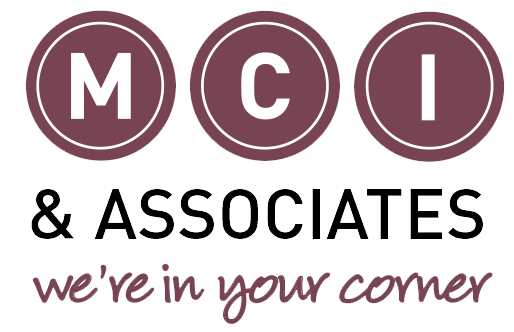Let’s Talk … Cash Flow in Business
In the world of business, cash flow is king. It’s the lifeblood that keeps operations running, employees paid, and growth opportunities within reach. Many businesses struggle with managing their cash flow effectively. Poor cash flow management can lead to missed opportunities or worst case, contribute to business failure. With effective strategies in place, optimising your cash flow can help your business remain healthy and resilient.
Strategies for Success
Understand Your Cash Flow Cycle
Before you can manage your cash flow effectively, understand your cash flow cycle - how cash moves in and out of your business, i.e. when money comes in from sales, and when money goes out for expenses. A clear picture of your cash flow cycle helps you anticipate periods when cash might be tight and can help you plan accordingly.
Create a Cash Flow Forecast
A cash flow forecast is a financial tool that helps predict your business’s cash flow over a certain period. By analysing past financial data and considering upcoming expenses and revenue, you can create a forecast that allows you to anticipate cash flow problems before they arise. Regularly updating this forecast will give you a dynamic view of your financial health and help you make informed decisions.
Improve Your Invoicing Process
One of the quickest ways to improve cash flow is by tightening up your invoicing process. The sooner you send an invoice, the more potential there is to be paid earlier. Consider offering incentives for early payments. Using digital invoicing systems can streamline the process, reduce errors, and improve payment timelines.
Negotiate Favourable Payment Terms
Negotiating better payment terms with both your suppliers and customers can significantly impact your cash flow. For suppliers, try to extend payment terms as long as possible. This allows you to hold onto your cash longer.
Control Your Expenses
Keeping a close eye on your expenses is crucial for maintaining healthy cash flow. Regularly review all expenses and identify areas where you can cut costs without compromising quality or service.
Maintain a Cash Reserve
If possible, having a cash reserve is desirable for weathering unexpected expenses or downturns in revenue. This financial cushion can provide peace of mind and give you the flexibility to navigate through difficult periods without resorting to high-interest loans or other costly measures.
Leverage Financing Options Wisely
Financing can be a useful tool for managing cash flow, but it should be used strategically. Consider options like lines of credit or short-term loans to bridge temporary cash flow gaps. It’s important to understand the costs associated with borrowing and to ensure that the financing option you choose aligns with your cash flow needs.
Optimise Inventory Management
For businesses that carry inventory, managing this efficiently is key to maintaining cash flow. Where possible, minimise stock levels while ensuring you can meet customer demand.
Invest in Financial Education
Finally, investing in financial education for yourself and your team can pay significant dividends in managing cash flow. Understanding key financial principles can empower informed decision-making and assist you in avoiding common pitfalls. We suggest touching base with your accountant for more in-depth advice.




